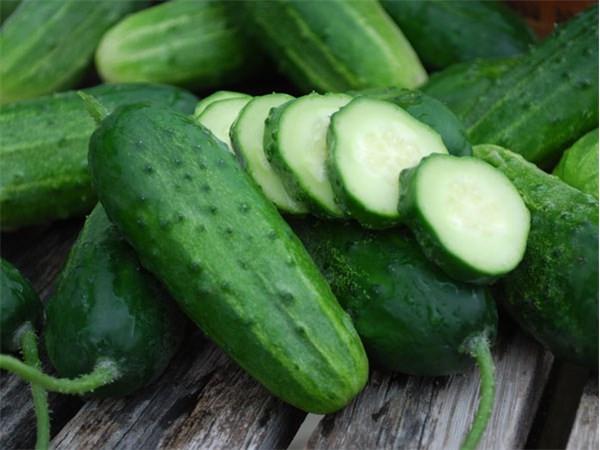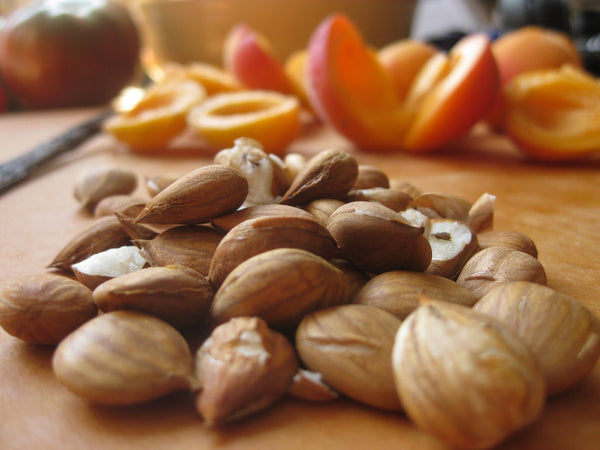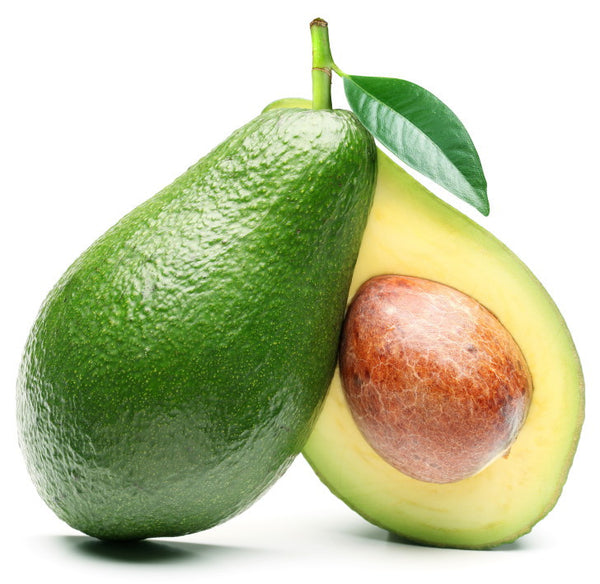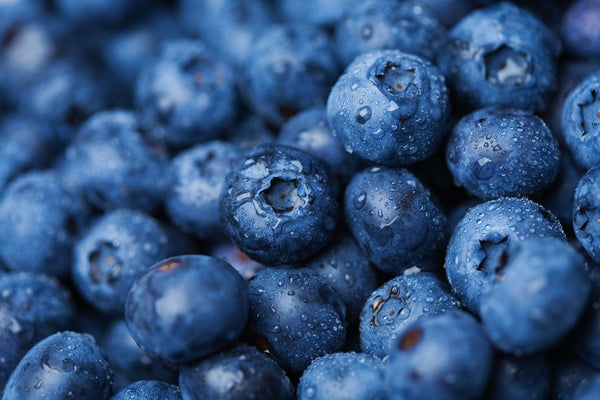
1 oz. Hand labeled
The cucumber is a creeping vine from the melon and pumpkin family and it's original home was India, where it has been cultivated for over four thousand years. There it is associated with the moon and brings the energies of: fertility, pleasant coolness, and merriment.
Cucumber is associated with Vishnu, the preserver of the universe, especially in his form as Krishna. On Krishna's birthday in August, households are decorated with ripe cucumbers in his honor. Celebrating divine love, bhakti, the love of human souls given over completely to the divine. The Maha Mrityunjaya mantra, the Great Death Conquering mantra translation in English goes like this: “We worship the three-eyed one who is fragrant, and who sustains all living beings. May he liberate us from (Samsara) death. May he (Lord Shiva) lead us to immortality, just as the cucumber is released from it's bondage (attachment to the plant) [so shall we.]”
In Japanese folklore the Kappa is a mischievous creature, that inhabits fresh water, the size of a 10-year old child, yellow-green in color, with fish scales instead of skin and tortoise shell on their back. On the top of their head they have a hollow indentation--sara--that is filled with water. If the water spills they loose their magical powers. When encountering a Kappa, you want to trick them into bowing low, thusly spilling out their water. If you refill their sara, you may ask a boon and it will be granted out of gratitude. Due to repaying this debt they are credited with teaching the knowledge of bone settings and healing salves. A Kappa's pranks can be harmless like making noises similar to flatulence or trying to peek up a ladies dress. Although some are more malevolent and drown livestock and people, kidnap children and steal ones life force. There is one sure remedy to placate them--offer them cucumbers!
Robert MacBryde a Scottish modernist painter, work Still Life with Cucumber (1948). Was created in the ration-book, post-war era and features a cucumber. He favored fruits and vegetables during this time frame that had phallic associations or full of seeds. Cucumber is both. Beckoning fertility and abundance back to land and life.
In Robert Haas (poet laureate of the US 1995-97) Poem With a Cucumber In It, reads:
“If you think I am going to make
A sexual joke in this poem, you are mistaken.”
He instead describes the setting of the sun
“Sometimes from this hillside just after sunset
The rim of the sky takes on a tinge
Of the palest green, like the flesh of a cucumber
When you peel it carefully.”
William Cowper (1775) poem The Task: How to Grow Cucumbers reads like a poetic manual on how to grow cucumbers in a greenhouse sidestepping Englands cold and the rewards reaped:
“Indulged [cucumber] in what they wish, they soon supply/Large foliage, overshadowing golden flowers/Blown on the summit of the apparent fruit … Not so when winter scowls. Assistant art/Then acts in Nature's office, bring to pass/The glad espousals, and ensures the crop. “
Madonna and Child by Carlo Crivelli (1480) vividly depicts the Madonna robed in blues, greens and gold, hands supporting the Christ child on a plush cushion, as he holds a bird to his chest (the symbol for his future passions). Above their heads to the right and left are apples, a single cucumber hangs to the left. Many have speculated the meaning, as the artist never reveled the symbolism. Some say in this context, it implied the Mother of Christ was never touched my sin, the idea originated from a passage from the prophet Isaiah:
“And the daughter of Zion is like a booth in the vineyard, like a lodge in a cucumber field, like a besieged city.” A cucumber is a fortress, its bumpy skin and thick flesh, surrounding the seeds. Other say, the cumber is a symbol of Christ, others, redemption and resurrection.
There is a tradition to hide a pickle/cucumber ornament a Christmas tree and the person who finds it is blessed for the upcoming year with good fortune. I have found, cucumber offers broad spectrum relief for easing difficult emotional states (this plant can be understood as natures rescue remedy) renews and refreshes the physical body i.e. for exhaustion, illness, shock that drains prana. Helps one deeply supports reengaging in life. Life spark and vitality.
Reported Benefits and Uses
Cucumber is unusually high in phytosterols, compounds that strengthens the skin's barrier function, helping to maintain moisture levels and elasticity in the skin. High in omega-6 linoleic acid (65%) making it dynamic for eczema, and dermatitis. Helps rebuild a damaged barrier function, deeply nourishes and promotes the regeneration of the cells of the skin. It's vitamin E complex of both tocopherols and tocotrienols allows this oil to protect against free radical damage and revitalize skin damage due to sun and weather. It's vitamin C and antioxidants aid blood flow, reducing puffy, strained areas with regular use. It's anti-inflammatory phytosterols calm burns, blemishes and nourishes tissues. With it's high silica content is strengthening to skin providing structor and support. It's highly moisturizing and absorbed quickly. This fatty base oil has a fresh clean scent, that smells lightly of cucumbers.
PART USED: Seeds
EXTRACTION METHOD: Cold Pressed
ORIGIN: India
|
FATTY ACID |
SPECIFICATIONS (%) |
|
Palmitic Acid C16:0 |
9.00 – 13.00 |
|
Palmitoleic Acid C16:1 (n-7) |
0.00 – 1.00 |
|
Stearic Acid C18:0 |
6.00 – 9.00 |
|
Oleic Acid C18:1 (n-9) |
14.00 – 20.00 |
|
Linoleic Acid C18:2 (n-6) |
60.00 – 68.00 |
|
Alpha-Linolenic Acid C18:3 (n-3) |
Maximum 1.00 |



